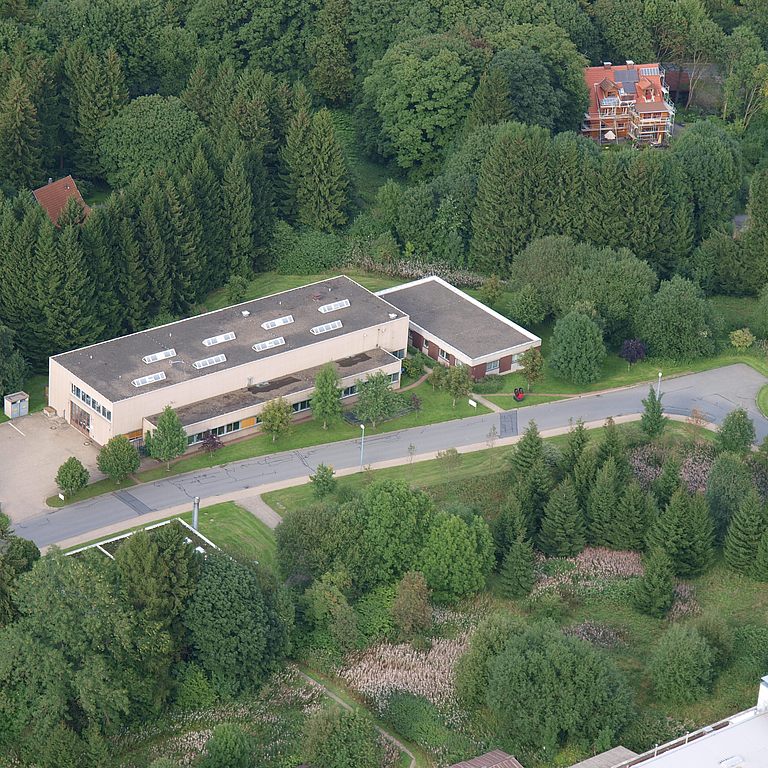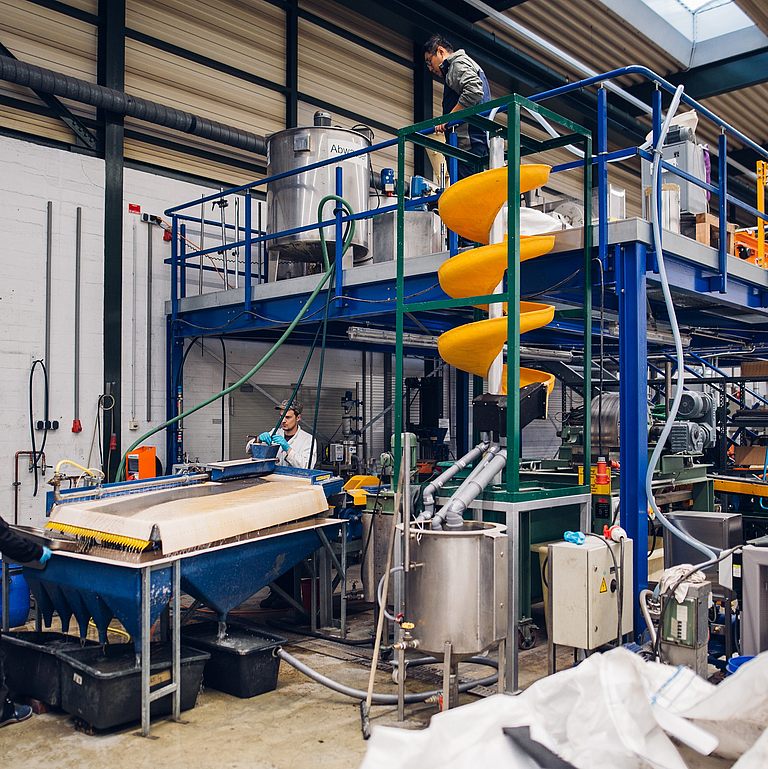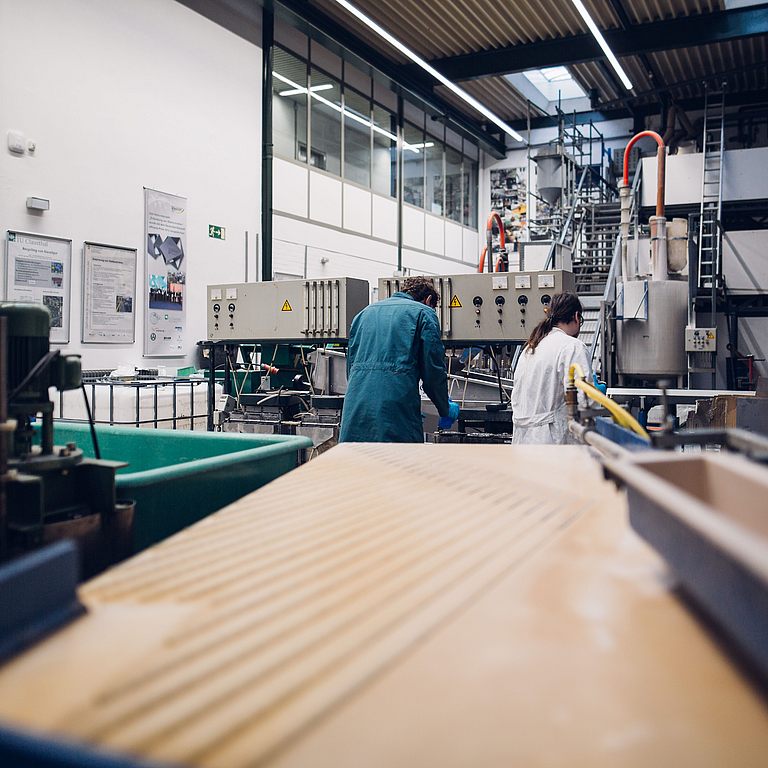SEEsand
SEEsand - Extraction of heavy rare earth elements from heavy mineral sands
Project description
The aim of the joint project SEEsand is the extraction of economically strategic important heavy rare earth elements (SEE) from sands of the coastal Baltic Sea. The sands under consideration are currently extracted in large quantities for the construction industry and coastal protection. According to the latest investigations it is possible to separate heavy mineral fractions enriched in zircon and heavy SEE during the existing extraction process. The separation of these value components is intended to make a contribution to the sustainable and environmentally friendly supply of the German economy with SEE.
The joint project pursues the following scientific and technical objectives in detail:
- Assessment of the recoverability of strategic raw materials from previously unused heavy mineral fractions of the sands of the Baltic Sea coast
Development of selective leaching processes for heavy SEE from zirconium minerals using geobiotechnology (biomining)
Development of a biosorption process for the recovery of heavy SEE from leaching solutions of low concentration
Production of marketable SEE concentrates
Recovery of the zirconium-containing leaching residues
Within the scope of the project, the Institute of Processing, Landfill Engineering and Geomechanics (IFAD) is developing a process for the mechanical enrichment of the heavy mineral content. Different process combinations of density separation, electrostatic sorting, magnetic separation and classification are considered for the sorting process. Furthermore, the mechanical activation as well as the mechano-chemical disintegration of zircon concentrates by means of eccentric vibrating grinding is to be investigated. The aim is to obtain both a SEE and a zirconium concentrate.
The research within the project should also contribute to the international application of the results. For this purpose, cooperations exist with Denmark and Greenland, which offer ideal conditions for the application of the envisaged process with regard to political framework conditions and raw material basis.
Network partners
- G.E.O.S. Engineering Company Ltd (GEOS)
- Federal Institute for Geosciences and Natural Resources (BGR)
- Institute for Processing, Landfill Engineering and Geomechanics, TU Clausthal
- Geocompetence Center Freiberg e.V. (GKZ)
- State Office for Environment, Nature Conservation and Geology Mecklenburg-Western Pomerania (LUNG)
- André Voß Erdbau und Transport GmbH (VOSS)

Subsidy reference number: 033R163C



![[Translate to English:] [Translate to English:]](/fileadmin/_processed_/0/e/csm_duesenfeld_jun18_098_lowres_dd33377237.jpg)
![[Translate to English:] [Translate to English:]](/fileadmin/_processed_/d/3/csm_duesenfeld_jun18_108_lowres_31e25a0a0c.jpg)
![[Translate to English:] [Translate to English:]](/fileadmin/_processed_/3/0/csm_PA8A0066_25a6616405.jpg)
![[Translate to English:] [Translate to English:]](/fileadmin/_processed_/c/d/csm_PA8A6326_b23db2d7fe.jpg)
![[Translate to English:] [Translate to English:]](/fileadmin/_processed_/8/2/csm_PA8A6373_333262f3c8.jpg)
![[Translate to English:] [Translate to English:]](/fileadmin/_processed_/7/f/csm_PA8A9524_5b4d7e23a0.jpg)
![[Translate to English:] [Translate to English:]](/fileadmin/_processed_/3/3/csm_PA8A9545_bd53136455.jpg)
![[Translate to English:] [Translate to English:]](/fileadmin/_processed_/8/d/csm_PA8A9673_2c9b95d9b4.jpg)